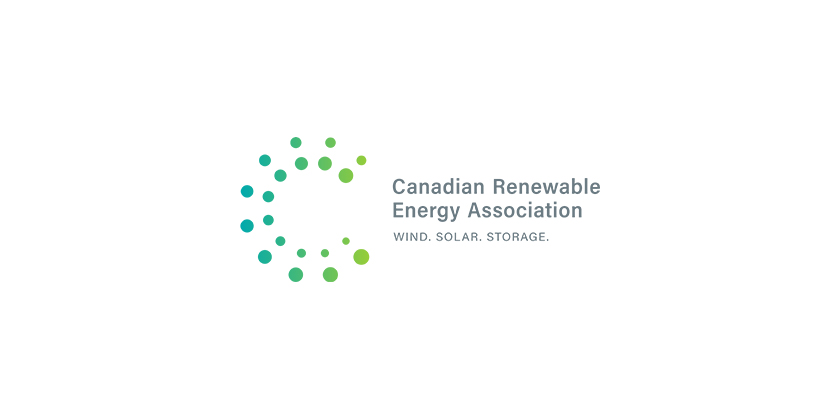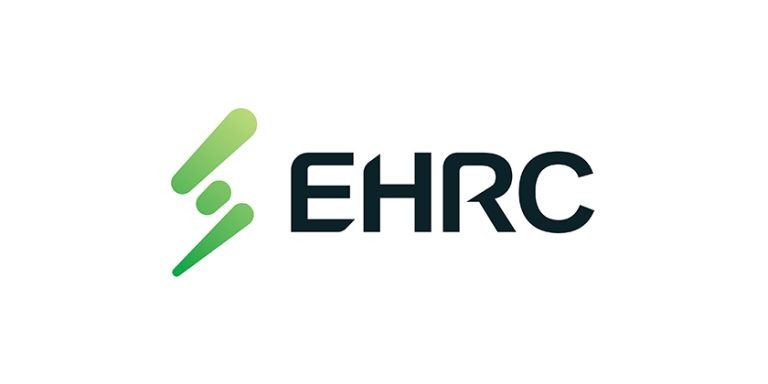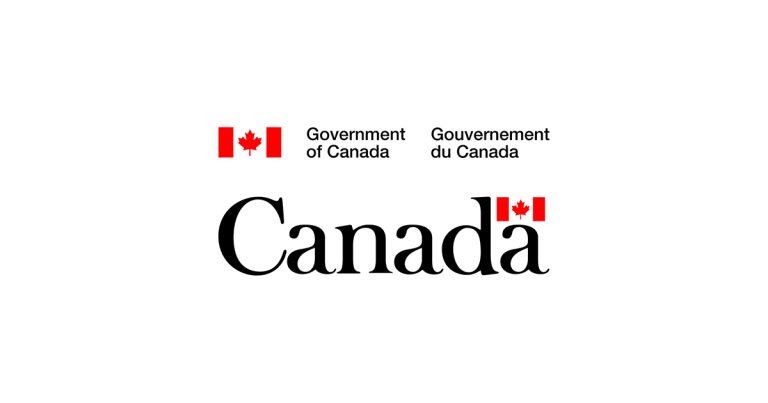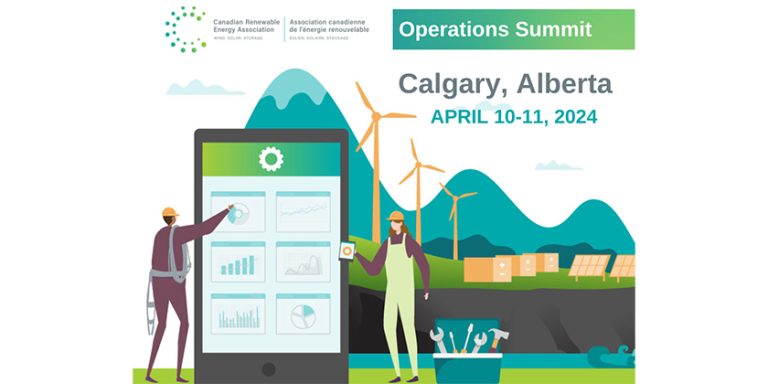CanREA: Canada’s Fall Economic Statement 2024 Helps Close Investment Gaps

January 8, 2025
The Canadian Renewable Energy Association (CanREA) is pleased to see the Government of Canada put forward the legislation for the Clean Electricity Investment Tax Credit (CE ITC) in today’s Fall Economic Statement (FES) 2024.
“The Investment Tax Credits announced today will not just help Indigenous communities and communities access the capital they need to play a larger role in Canada’s renewable energy and energy storage sector, they will also help reduce the cost of electricity for Canadian consumers,” said Vittoria Bellissimo, CanREA’s President and CEO.
The proposed CE ITC is a critical element in Canada’s effort to remain a competitive jurisdiction for clean-energy investment. It allows Indigenous communities and companies to access capital on a level playing field as their non-Indigenous counterparts. The CE ITC is a refundable credit equal to 15 per cent of eligible capital investments in renewable energy and energy storage.
“The Clean Economy Investment Tax Credit, and other policies laid out in the Fall Economic Statement, will help keep Canada competitive for renewable energy and energy storage investment,” said Fernando Melo, Federal Director of Policy and Government Affairs. “We look forward to working with all parties in the House of Commons to ensure that these critical policies are passed into law.”
Also notable in today’s FES is that the Government is enabling one of Canada’s largest sources of capital – pension funds – to take a larger stake in clean energy companies and projects. Canadian pension funds have already been active players in Canada’s renewable energy and energy storage sector for decades, but the FES, when passed, will allow them to invest more in these affordable, reliable, clean, flexible and scalable solutions for Canada’s growing energy needs.
CanREA also applauds the changes to ownership rules for municipality-owned corporations. CanREA members have a long history of partnering with municipalities to deliver on renewable energy and energy storage projects. The FES’ proposed changes will allow these partnerships to deepen and for more capital to flow into municipally owned projects and electricity distribution systems.
The federal government’s decision to extend the accelerated capital cost allowance program for clean energy generation equipment out to 2029 is also very helpful. It will support the further deployment of commercial behind-the-meter (BTM) equipment.
As a whole, the policies brought forward in today’s FES will accelerate the deployment of renewable energy and energy storage across Canada and will support the provinces and territories in delivering more than 10,000 MW of new renewable energy and energy storage procurements across the country.
While CanREA is disappointed by the federal government’s announced intent to impose tariffs on “certain solar products,” semiconductors and permanent magnets, starting in 2026, we are pleased to see that battery energy storage systems (BESS) have not been included in this list of products, for the time being. Given that BESS may be considered in future measures, CanREA will continue to push for the federal government to exempt any contracted BESS projects from tariffs. Additionally, we strongly encourage the Government of Canada to publish the list of products that will be covered by the term “certain solar products,” as soon as possible.
Unfortunately, the statement did contain some troubling statements from a trade perspective, including the federal government’s commitment to apply reciprocal tariffs or reciprocal procurement measures to federal spending and policies. These vague proposals add an unwelcome level of uncertainty at a time when CanREA members are looking to diversify the supply chain for critical components.
“The inclusion of new tariffs, while putting forward the option of further surcharges or requirements on goods that have no domestic production, has the potential to negate the positive impacts of any Investment tax credits or other programs announced in the FES,” said Melo.








